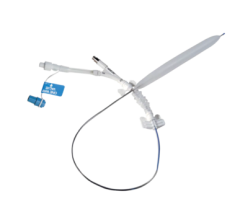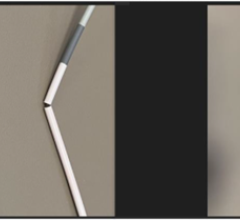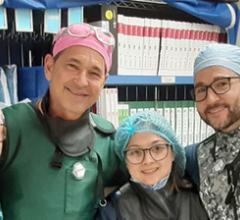April 22, 2008 - Heart attack patients receive faster and more comprehensive care if they arrive at the emergency room during the day, according to a review of more than 62,000 cases in the journal Circulation.
Patients arriving during off-hours had to wait longer for treatment to unblock arteries or for bypass surgery to reroute damaged vessels than those arriving during regular hours, the researchers found. Still, speed didn't always translate into better survival.
The patients who arrived during off hours were 7 percent less likely to undergo emergency angioplasty, and 6 percent less likely to undergo coronary artery bypass graft compared with those arriving during regular hours. Although 54 percent of heart attack patients are admitted during off hours, they can expect slower and worse treatment, researchers said.
"Our findings should compel healthcare providers and policy makers to work toward reducing the existing disparities in cardiac care with respect to arrival time," said Hani Jneid, M.D., an interventional cardiology physician-in-training at the Massachusetts General Hospital in Boston.
Dr. Jneid examined data on 62,814 heart attack patients in a database of the American Heart Association. The researchers looked at differences in medical care and death among heart attack patients admitted between 7 a.m. and 7 p.m. on weekdays versus off hours including weeknights, weekends and holidays.
Procedures using balloon catheters to widen blood vessels are the first choice of therapy for patients having had a heart attack caused by a blocked artery. While physicians aim at opening the artery within 90 minutes, the average time from when the patient entered the hospital to when he or she received procedures to treat diseased arteries, or PCI, was 110 minutes during off hours compared with 85 minutes during regular hours. Patients arriving during off hours were 66 percent less likely to get angioplasty within the recommended 90 minutes.
Still, the rate of in-hospital death was similar with 7.1 percent for patients arriving during off-hours versus 7.2 percent for those being admitted during the day.
"It is particularly interesting to note that the observed delays in primary PCI did not translate into measurable differences in in-hospital outcome," Dr. Jneid said. "This seems to run counter to previous study findings."
A study published in February of patients already in the hospital found that those who suffer cardiac arrest at night or on weekends are more likely to die than those whose hearts stop during hospital weekday shifts. That study in the Journal of the American Medical Association analyzed 86,748 in-hospital cardiac arrests from January 2000 to February 2007. The authors urged hospital administrators to spread resources more evenly across all hospital shifts.
In a separate study published in the Archives of Surgery, Rocco Ricciardi from the Lahey Clinic, a Tufts University affiliate in Burlington, MA, found that the percentage of patients dying after bypass surgery fell to 3.3 percent in 2003 from 5.4 percent in 1988, regardless of the number of procedures the hospital performed.
Source: By Chantal Britt, Bloomberg.com
For more information: www.circ.ahajournals.org


 June 13, 2024
June 13, 2024 









